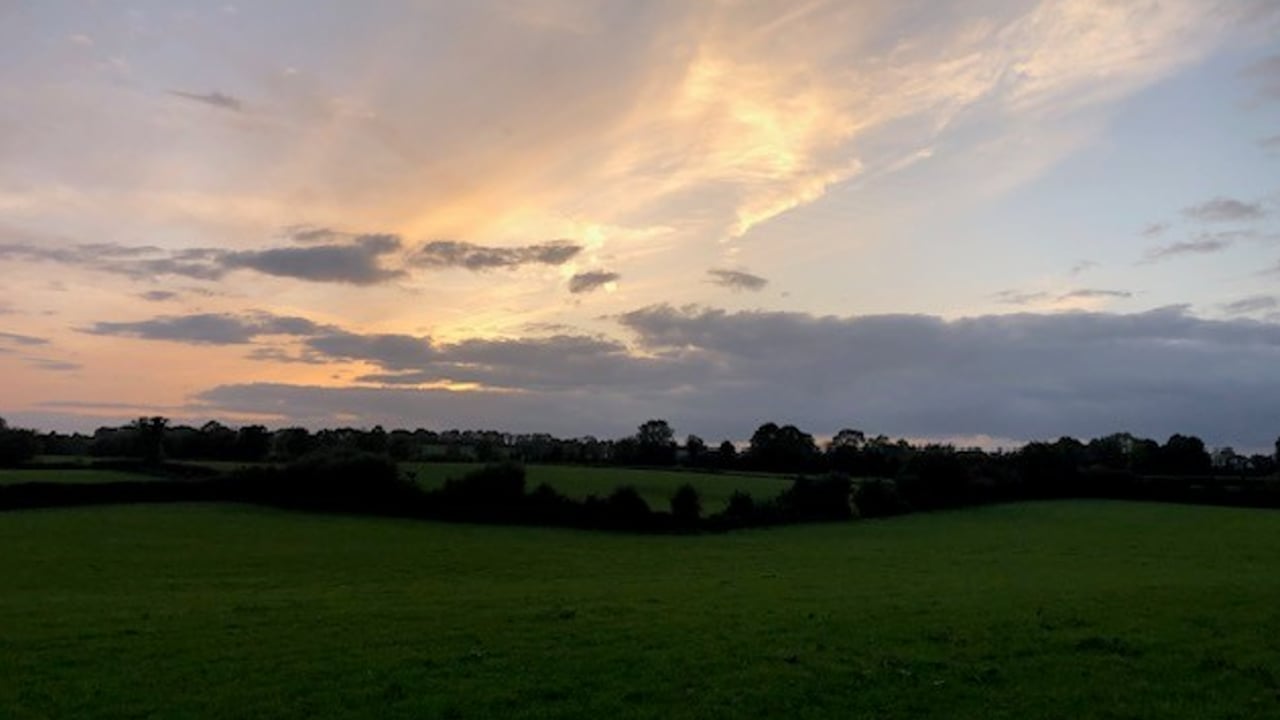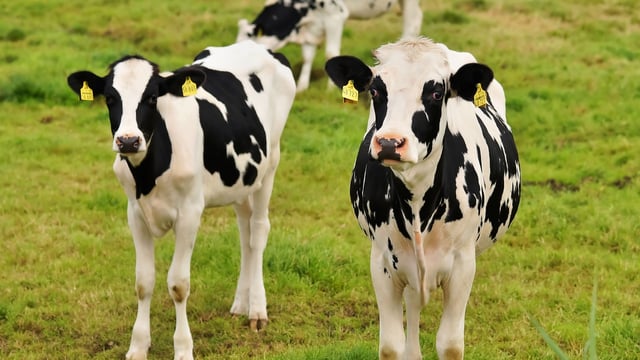Work needed to 'co-create' climate adaptation solutions for farmers
A new study appears to suggest that, although farmers demonstrate high awareness of climate change and its impacts, more work is needed to "co-create" adaptation solutions with relevant stakeholders.
The study was carried out by researchers from Teagasc, and was recently published as a working paper by the Climate Change Advisory Council (CCAC).
The study was aimed at examining farm-level resilience towards climate impacts and behavioural change responses to Ireland’s current climate.
The research featured a farmer survey; farmer and farm advisor interviews; and an advisor focus group.
According to the researchers, the data highlights that farmers have experienced, and been impacted by, weather changes, including extreme weather events and atypical seasons.
While farmers have always attempted to adjust their farm work to weather fluctuations, the study showed that they now face new challenges, with more frequent disruptions to farming operations and resulting environmental, economic, and social impacts, the paper said.
Moreover, the paper said that farmers viewed these changes as "a fundamental shift" that goes beyond the typical weather variations that they have managed in the past.
Results showed that, while farmers understand the need to adopt adaptation practices that increase resilience to future weather events, they were often uncertain about the type of practices that they could implement.
Among its conclusions, the study said that, while farmers demonstrated high awareness of climate change and its impacts and understood the need to adapt, more work is needed to co-create adaptation solutions with relevant stakeholders.
The researchers said that, where possible, farm-level solutions should have multiple objectives and benefits to leverage sustainability synergies, while reducing trade-offs.
The research showed that some interviewed farmers were already developing adaptation solutions to adjust and redesign their production systems, but these need to be systematically studied, validated, and shared through formal research.
Another "key study finding" was the role of social learning and peer-to-peer knowledge exchange to "empower farmers", which emphasised the need to expand climate adaptation discussions within existing support structures and extension programmes.
The farmer interviews also indicated that some farmers may require help in planning for the future because of weather and price uncertainty. However, advisors may need additional training in climate adaptation to increase their knowledge and capacity in supporting farmers.





